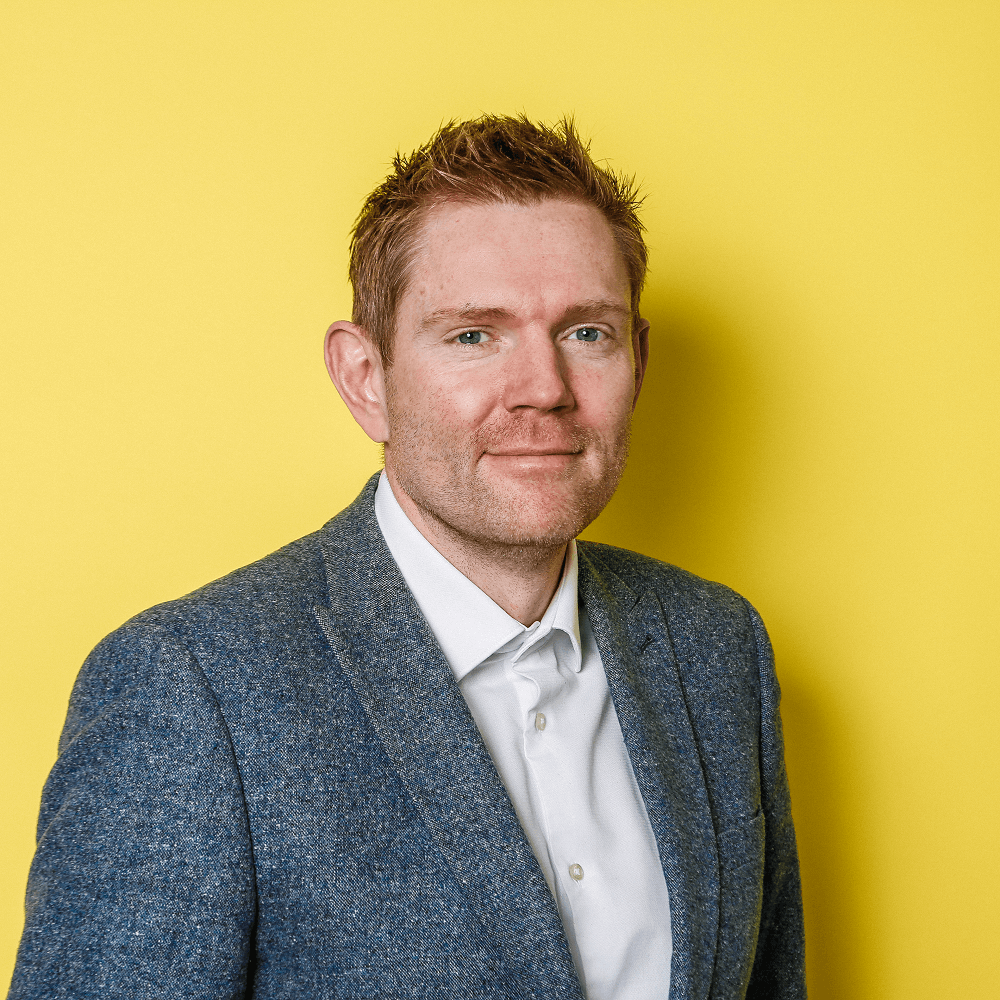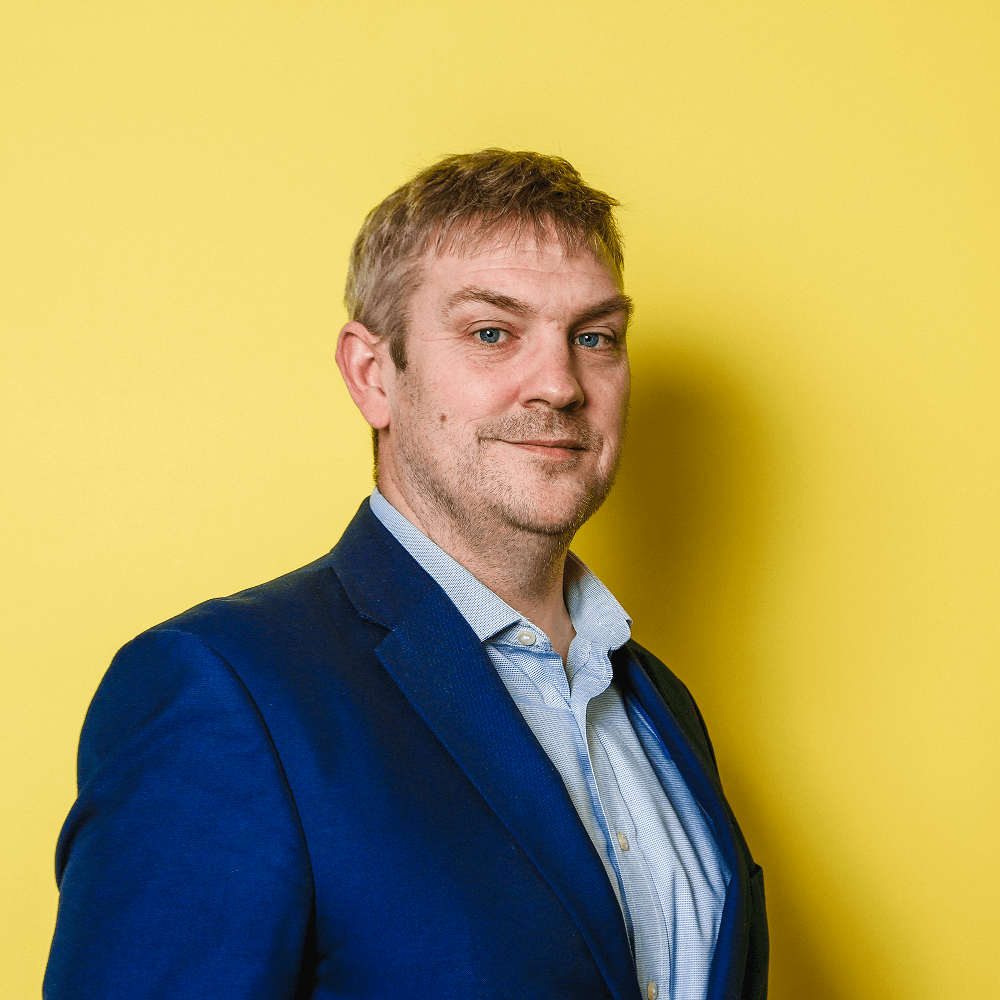Two Types of Knowledge

IN 2018 the French-language Scrabble world championship was won by a New Zealander who didn’t speak a word of French.
For Nigel Richards, this remarkable feat was a repeat experience, having previously won the championship in 2015 and multiple duplicate titles in between.
With an eidetic memory (similar to photographic) Nigel spent weeks studying a French dictionary however his friend (and former president of the New Zealand Scrabble Association) Liz Fagerlund acknowledged that
With over 386 000 words plus the challenge of adapting to the French lexicon, this feat necessitates more than just rote memorisation. Nonetheless, Nigel’s achievements reaffirm the difference between the knowing the name of something and knowledge about it.
In a talk about what went wrong with Enron, Charlie Munger (Warren Buffet’s business partner) told a anecdote about Max Planck that illustrates the same.
After receiving the Nobel prize in Physics in 1918, Max Planck went on a tour across Germany. Wherever he was invited, he delivered the same lecture on new quantum mechanics. His chauffeur had heard the talk so many times that he grew to know it by heart, and so one time, he asked Max Planck if he could give the address. Planck agreed, they changed places, and the lecture came off famously. But then came the Q&A, with the first question from a physics professor. The chauffeur replied: “I’m surprised to hear such an elementary question on high energy physics here in Munich. It’s so simple, I’ll let my chauffeur answer it.
As the adoption of MMC continues to gain momentum, alongside it grows a swell of information that can inform theoretical, chauffeur knowledge – ‘knowing that’.
At Akerlof, our insight is based upon practical and strategic ‘know-how’. We understand the market, technical solutions and the context in which they should and, equally importantly, should not be applied to realise value.
We don’t just repeat the words of others but instead apply our experience and deep knowledge to deliver value for our clients.
Un bon rapport qualité-prix – a term you won’t be hearing from Nigel.




